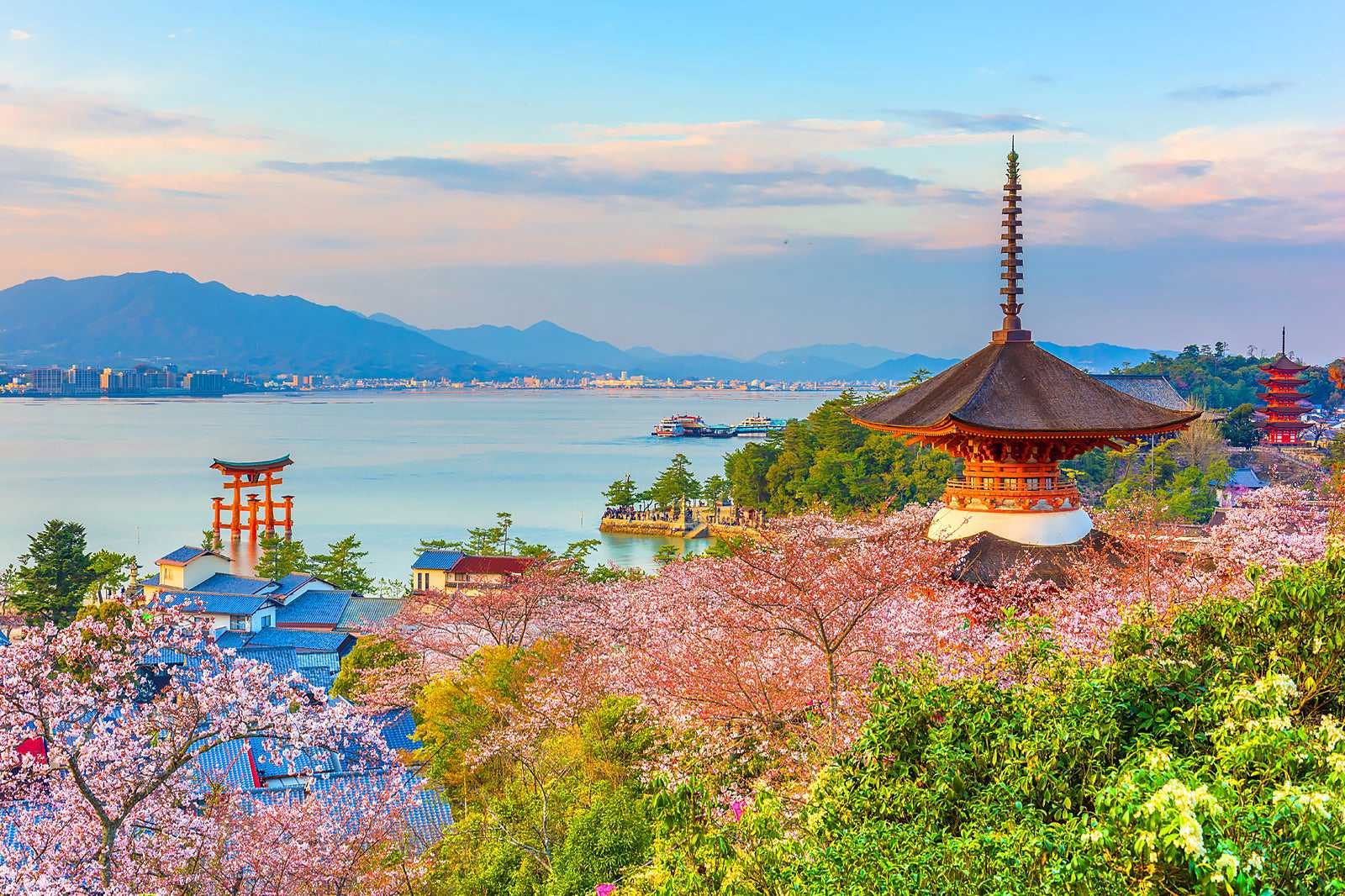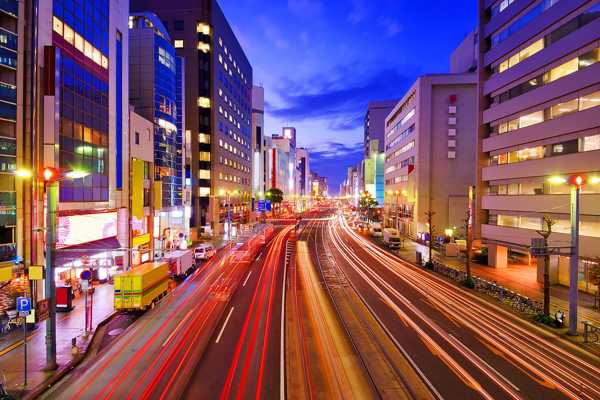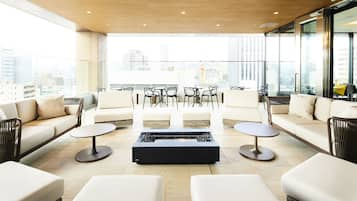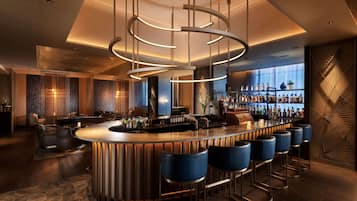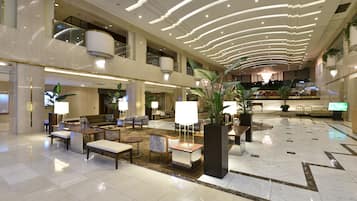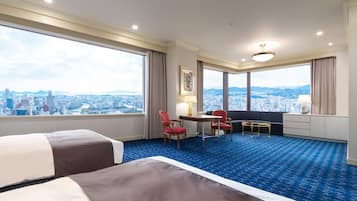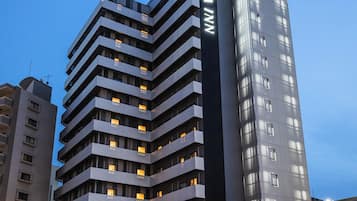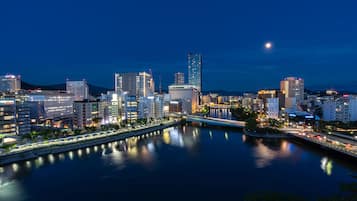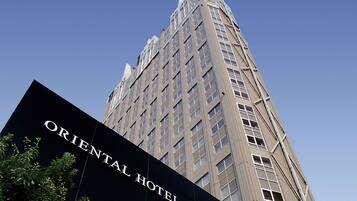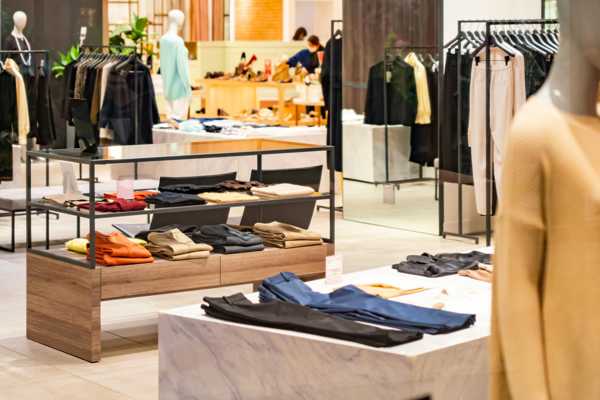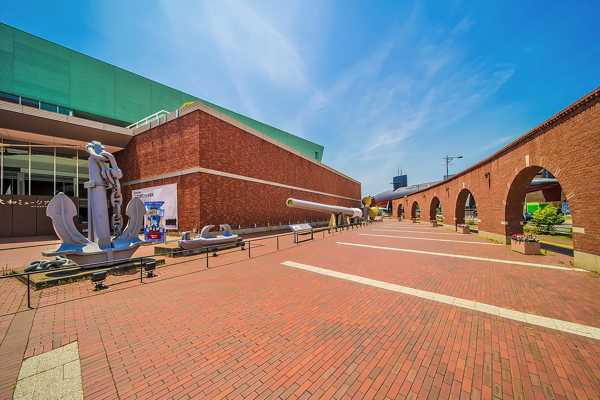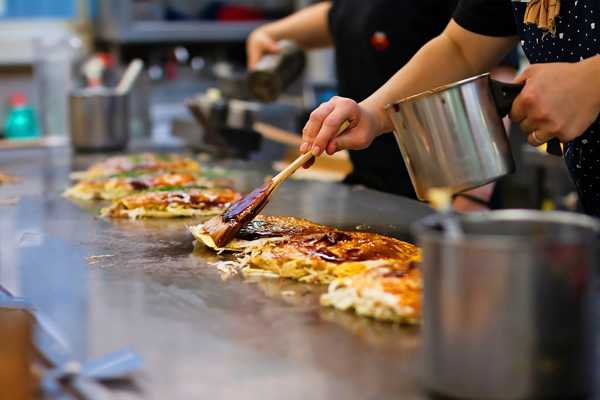Hiroshima is blessed with beautiful nature, eternal history, and a rich culture unique to this region. There are countless places worth taking the time to visit at your leisure on a two-person trip.
Join us as we look at some of the unique sites to visit in Hiroshima, which include magnificent shrines, areas of natural beauty, castles and gardens restored from the damage of the atomic bomb, parks where you can enjoy springtime cherry blossoms or autumn leaves, places offering spectacular views of the city and the sea, and sites that bring home the preciousness of peace.
- 1
Hiroshima Castle
One of the largest castles in western Japan
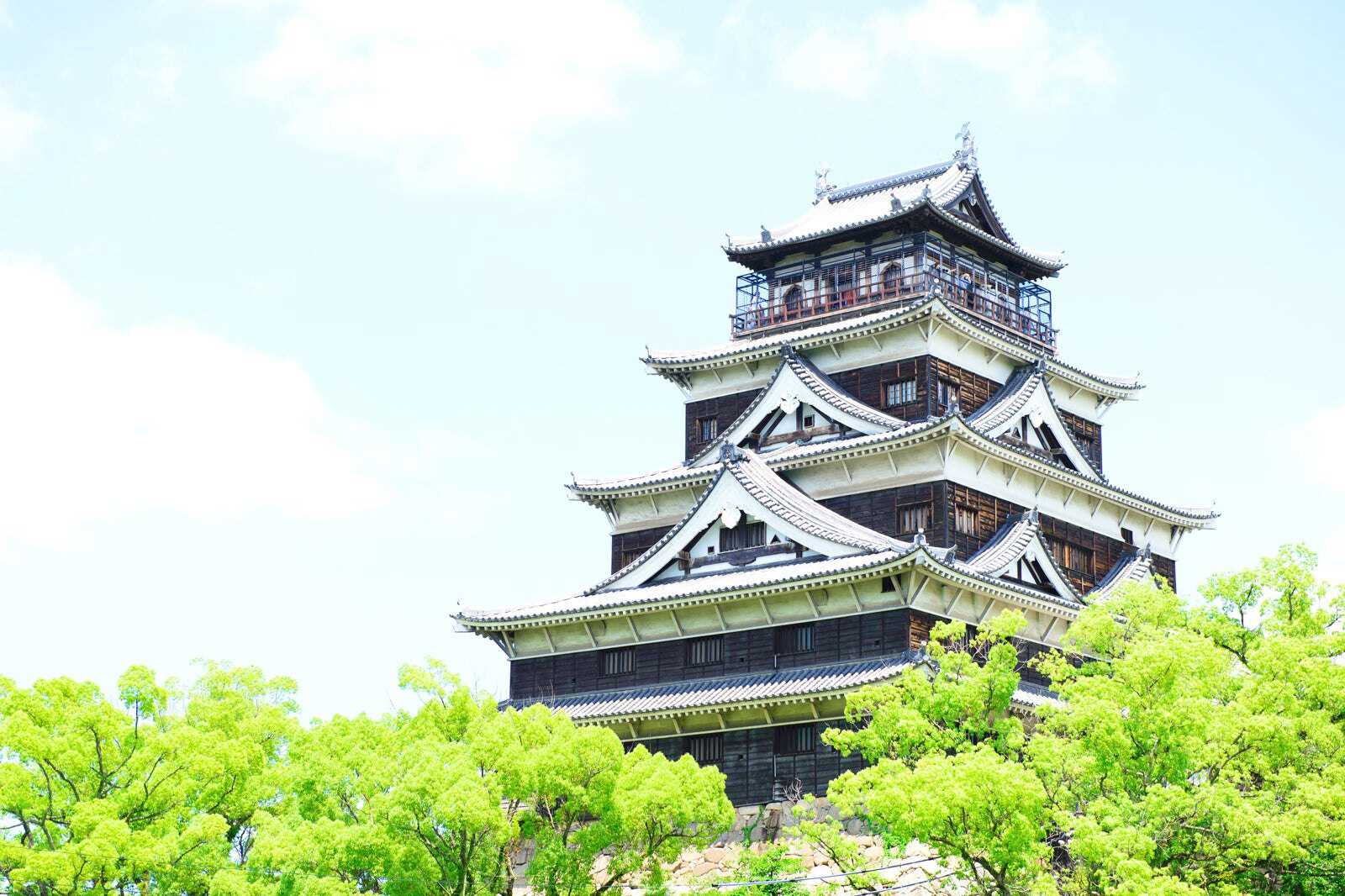
- คู่รัก
- ครอบครัว
- ประวัติศาสตร์
- ถ่ายรูป
Hiroshima Castle is a famous castle built by the warlord Terumoto Mori in 1589. Later, the lord of the castle changed to the Fukushima and Asano clans, but it remained a stronghold of the Hiroshima Domain.
The castle tower from the time of its construction was designated as a National Treasure in 1931 but was destroyed by the atomic bombing in 1945. It was restored as a symbol of Hiroshima’s reconstruction in 1958, and the inside of the castle tower is now a museum. The structure of the castle and the life and culture of the castle town are displayed with actual materials and models. From the observatory, you can see the Atomic Bomb Dome (Genbaku Dome), the downtown areas of Hiroshima, and even Miyajima Island on a clear day.
ที่ตั้ง: 21-1 Motomachi, Naka-ku, Hiroshima City, Hiroshima Prefecture 730-0011, Japan
เปิด: March—November: Daily from 9 am to 6 pm, December—February: Daily from 9 am to 5 pm
โทร: +81 (0)82-221-7512
แผนที่ - 2
Shukkeien
A beautiful historic garden built by the Lord of Hiroshima Domain
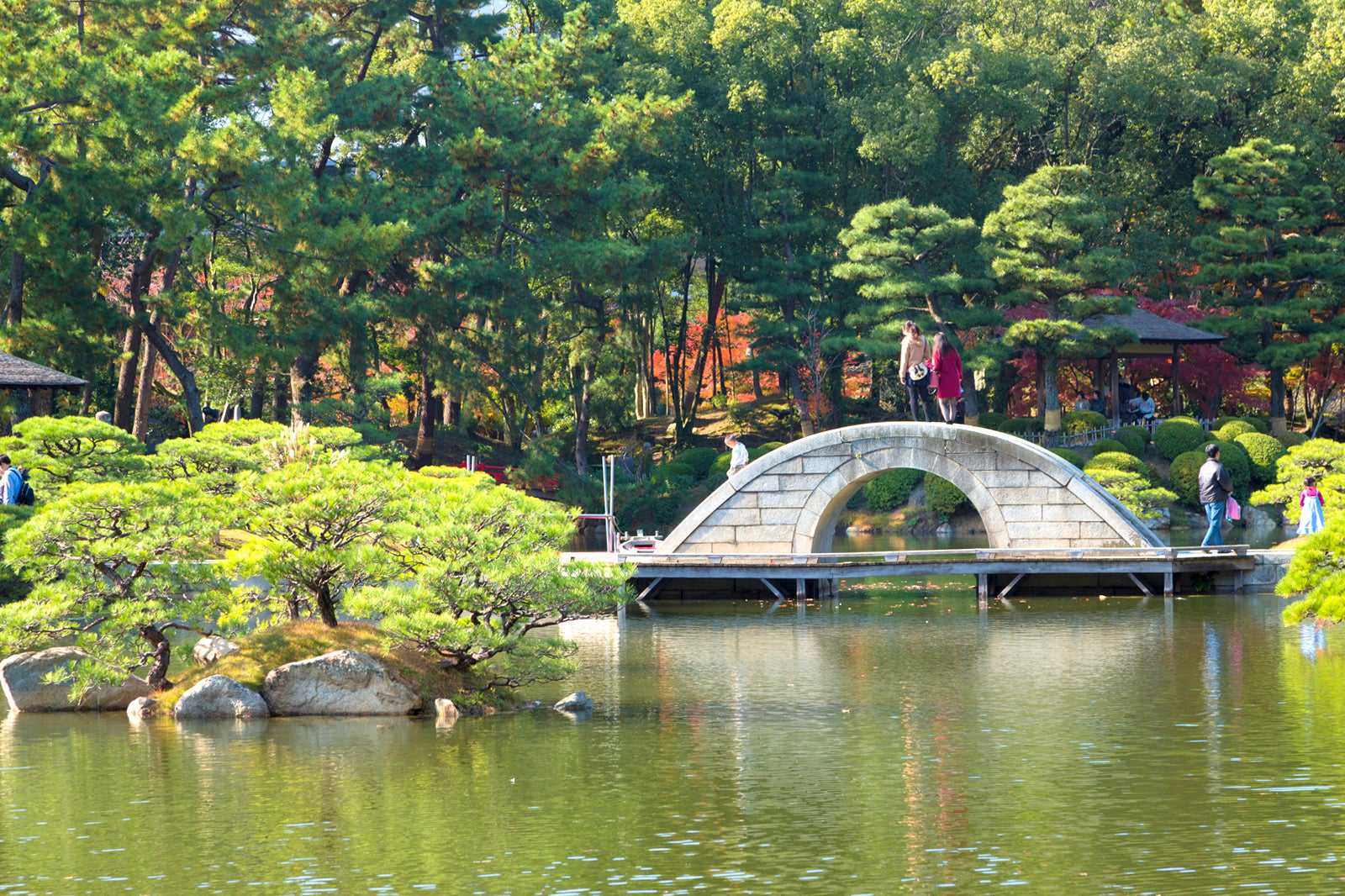
- คู่รัก
- ครอบครัว
- ประวัติศาสตร์
- ถ่ายรูป
Shukkeien is a beautiful Japanese garden in Hiroshima City. It was built as a garden for a second residence by the order of the Lord of Hiroshima Domain, Nagaakira Asano, in 1620.
The name Shukkeien is said to be connected to the fact that many famous scenic spots, such as West Lake in Hangzhou, China, are imitated here on a smaller scale. The garden is set around a pond, so you can enjoy walking the bridges and large and small islands of the pond before heading to the tea house. The tea house was destroyed by the atomic bombing of Hiroshima City in 1945 but was rebuilt in the 1970s. You can enjoy seasonal flowers throughout the year at this beautiful garden.
ที่ตั้ง: 2-11 Kaminobori-cho, Naka-ku, Hiroshima City, Hiroshima Prefecture 730-0014, Japan
เปิด: April—September: Daily from 9 am to 6 pm, October—March: Daily from 9 am to 5 pm
โทร: +81 (0)82-221-3620
แผนที่ - 3
Hiroshima Botanical Garden
A vast hilltop botanical garden with views of the Seto Inland Sea
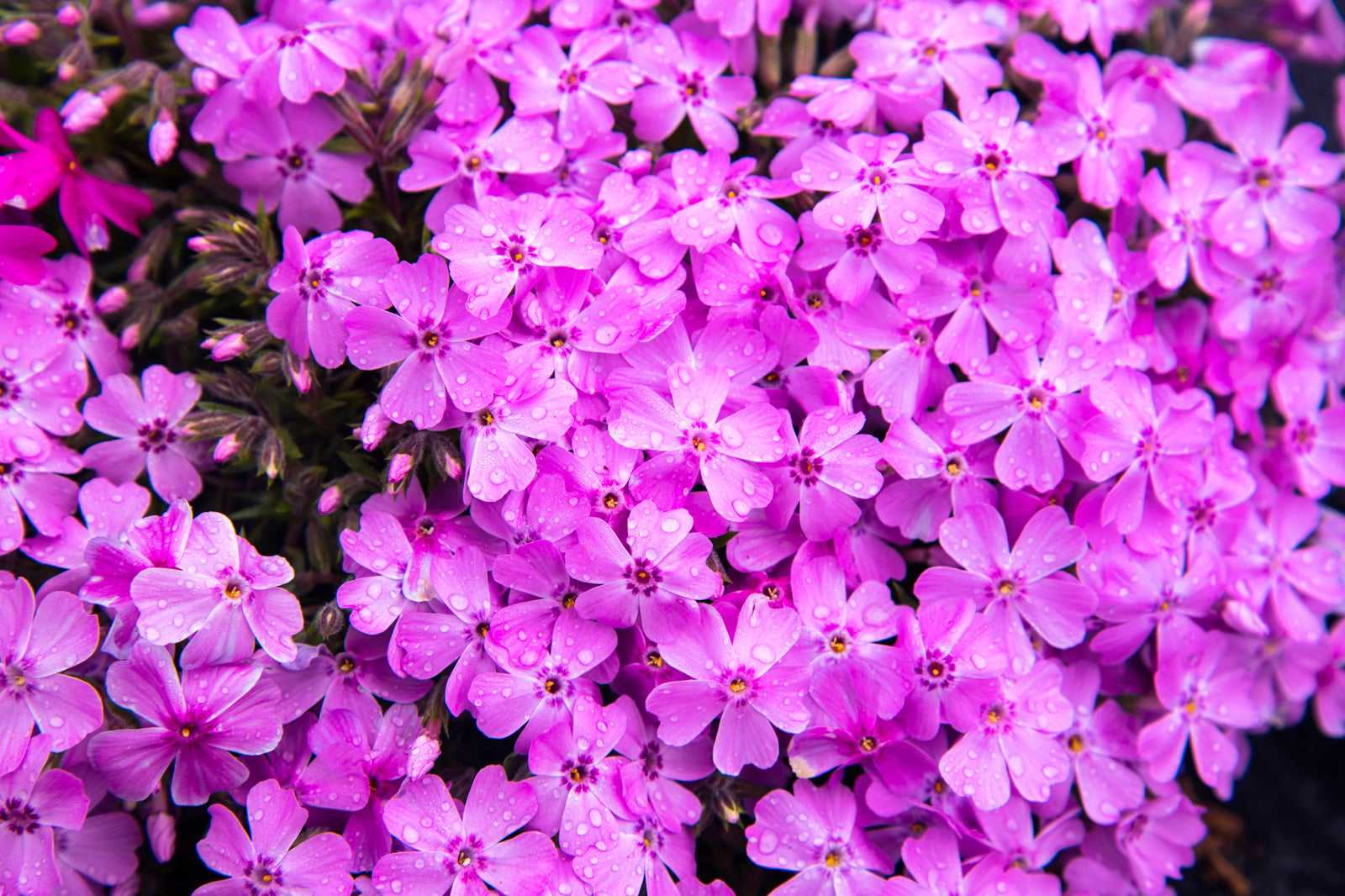
- คู่รัก
- ครอบครัว
- ถ่ายรูป
Hiroshima Botanical Garden is built on a hill overlooking Setonaikai National Park, half-way between Hiroshima City and Miyajima Island.
The 18.3-hectare park, which is about 5 times larger than New Hiroshima Municipal Baseball Stadium, has about 203,000 plants of about 10,000 varieties from around the world. Facilities include a Main Conservatory, Japanese Garden, and Main Flower Bed, and you can enjoy beautiful flowers all year round, including tropical water lilies, fuchsias, orchids, cacti, and begonias in the indoor areas, and cherry blossoms, wisterias, roses, irises, and hydrangeas in the outdoor areas. Take a relaxing stroll and maybe stop for a break at a café or restaurant on-site.
ที่ตั้ง: 3-495 Kurashige, Saeki-ku, Hiroshima City, Hiroshima Prefecture 731-5156, Japan
เปิด: From 9 am to 4 pm (closed on Fridays)
โทร: +81 (0)82-922-3600
แผนที่ - 4
Maneki-neko Museum in Onomichi & The Narrow Path of Cats
A collection of beckoning cats sitting in a 100-year-old folk house

- คู่รัก
- ครอบครัว
- ถ่ายรูป
- แปลกใหม่
Maneki-neko Museum in Onomichi is a privately-owned museum that focuses on beckoning cats (maneki-neko) located along the Narrow Path of Cats in Onomichi City. About 3,000 beckoning cats in all sizes collected from all over Japan decorate this restored old private house.
All of the beckoning cats here, from old ones from the Edo period to rare one-of-a-kind models, fall on the humorous side. The Narrow Path of Cats is a narrow alley of about 200 metres from the east side of Ushitora Shrine to the 3-storey pagoda of Tenneiji Temple. The name was given to the alley after the artist Shunji Sonoyama started placing fuku ishi neko (lucky stone cats) there.
ที่ตั้ง: 19-26 Higashitsuchidocho, Onomichi City, Hiroshima Prefecture 722-0033, Japan
เปิด: During residence as an artist
โทร: +81 (0)848-25-2201
แผนที่ - 5
Peace Memorial Park
A park built at the hypocentre of the atomic bomb to pray for the victims and world peace
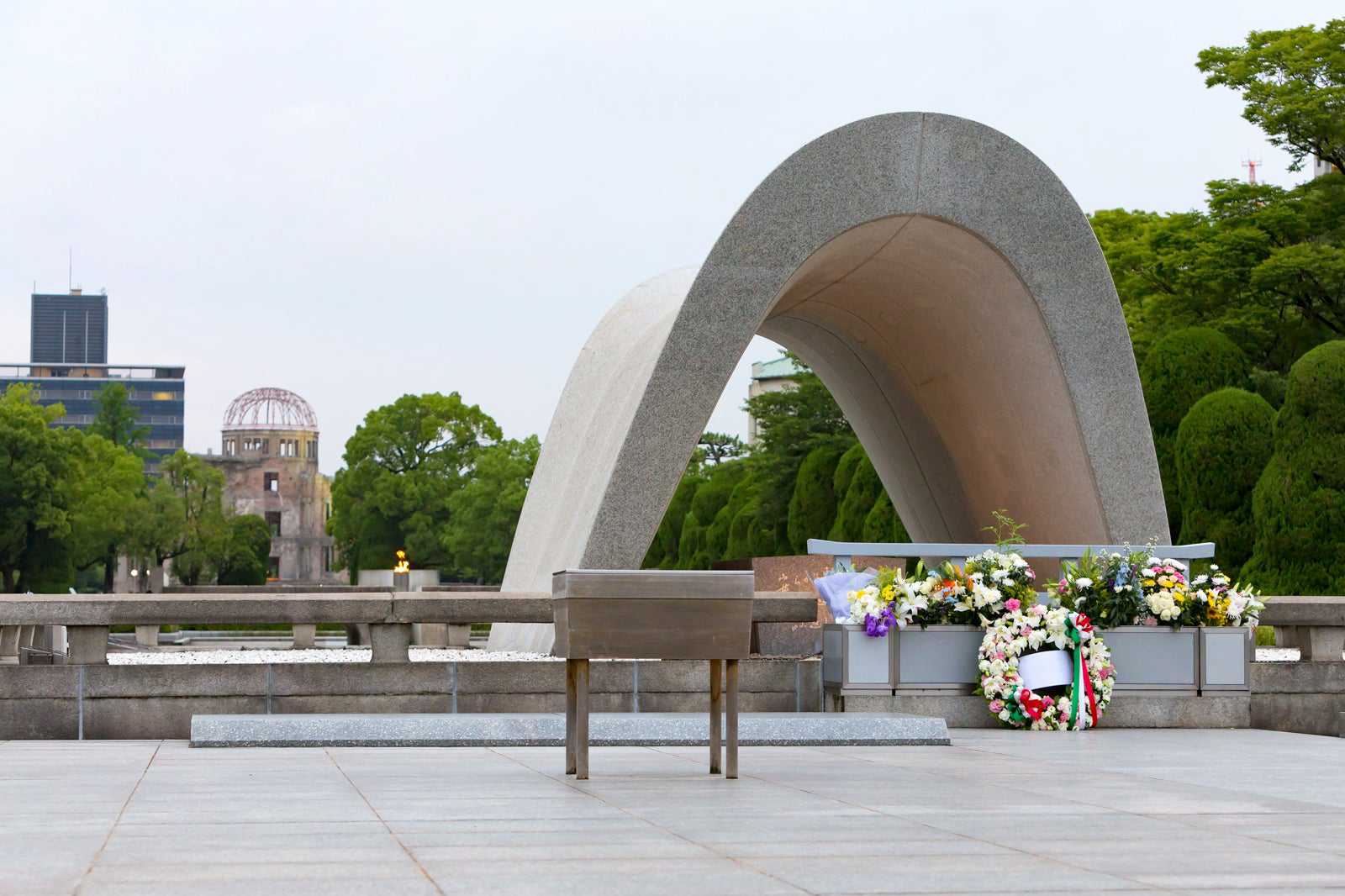
- คู่รัก
- ครอบครัว
- ถ่ายรูป
Peace Memorial Park is a large park that occupies the centre of Hiroshima City and was built near the hypocentre of the atomic bomb with a prayer for everlasting world peace.
This location was once the main downtown area of Hiroshima, with a history dating back to the Edo period, but was destroyed instantly by the first atomic bomb dropped in human history on the morning of 6th August 1945. After the bombing, the construction of the park was carried out to develop the area around the hypocentre as a symbolic site of everlasting peace and was completed in 1955. The park is the site of the Atomic Bomb Dome, Hiroshima Peace Memorial Museum, various monuments, and a Chinese parasol tree that was exposed to the bombing.
ที่ตั้ง: 1-1-10 Nakajima-cho, Naka-ku, Hiroshima City, Hiroshima Prefecture 730-0811, Japan
เปิด: All day
โทร: +81 (0)82-504-2390
แผนที่ - 6
Hiroshima Museum of Art
A museum known for its collection of modern paintings, located in a corner of Hiroshima Central Park

- คู่รัก
- ครอบครัว
- ถ่ายรูป
Hiroshima Museum of Art is set in the lush green Hiroshima Central Park, which is next to the west side of Hiroshima Castle. The museum has a collection of about 1,000 pieces of French modern art, mainly from Impressionists, and Japanese modern art including Japanese Western-Style painting and more orthodox Japanese painting, with about 90 pieces on display in the permanent exhibition.
Hiroshima Museum of Art was opened in 1978, about 30 years after the city of Hiroshima was struck by the atomic bomb. It was established with a prayer for the repose of the souls of the victims and a wish for peace, with a theme of “For love and comfort”, to commemorate the 100th anniversary of the foundation of Hiroshima Bank.
ที่ตั้ง: 1-2 Motomachi, Naka-ku, Hiroshima City, Hiroshima Prefecture 730-0011, Japan
เปิด: From 9 am to 5 pm (closed on Mondays)
โทร: +81 (0)82-223-2530
แผนที่ภาพโดย Oilstreet (CC BY-SA 3.0) เวอร์ชั่นแก้ไข
- 7
Ogonzan
A peak that is one of Hiroshima's leading night view spots

- คู่รัก
- ครอบครัว
- ถ่ายรูป
Ogonzan is a 221.7-metre-high mountain located in the south-east of Hiroshima City. It’s also called Ogon Fuji because its shape resembles Mount Fuji.
There are about 500 cherry trees along the road leading to the summit, and the trail is covered in cherry blossoms in spring. From the summit you can see the whole of Hiroshima City, which sparkles at night. It’s also a popular weekend dating spot for couples. The views of the illuminated seaside Hiroshima Ohashi Bridge and Kaita Ohashi Bridge are spectacular. On the land side, you can see the colourful brilliance of Hiroshima City below.
ที่ตั้ง: Ogonzancho, Minami-ku, Hiroshima City, Hiroshima Prefecture 734-0041, Japan
เปิด: Daily from 5 am to 11 pm
โทร: +81 (0)82-250-8956
แผนที่ - 8
Orizuru Tower
A new complex overlooking the city of Hiroshima
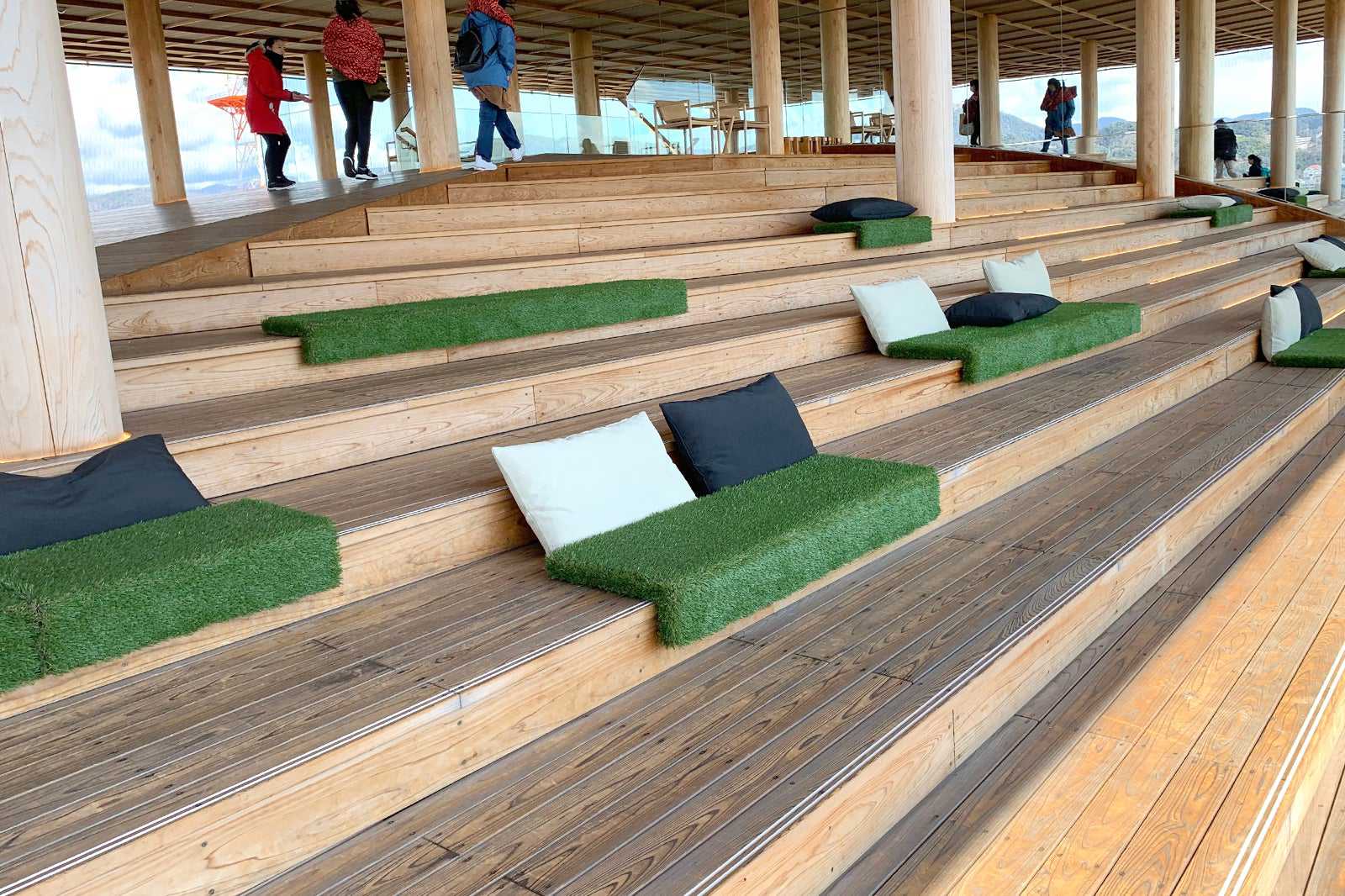
- คู่รัก
- ครอบครัว
- ถ่ายรูป
- ขาช้อป
Orizuru Tower is a 12-storey complex located on the east side of the Atomic Bomb Dome. From the top of the tower, you can see the entire Peace Memorial Park and the city of Hiroshima, as well as Miyajima Island in the distance on a clear day.
Timber from cypress and cedar trees has been used for the rooftop observation deck known as Hiroshima Hills, and its solemn atmosphere is similar to that of Itsukushima Shrine. This is an open space with a pleasant breeze. On the ground floor there’s a shop with about 1,000 items, including special Hiroshima souvenirs, and a café that offers interesting dishes incorporating ingredients from Hiroshima and the Seto Inland Sea.
ที่ตั้ง: 1-2-1 Otemachi, Naka-ku, Hiroshima City, Hiroshima Prefecture 730-0051, Japan
เปิด: Observatory and product hall: daily from 10 am to 6 pm, Café: daily from 10 am to 10 pm
โทร: +81 (0)82-569-6803
แผนที่ - 9
Hijiyama Park
A park spread over the summit of Mt. Hijiyama famous for its cherry blossoms

- คู่รัก
- ครอบครัว
- ถ่ายรูป
Hijiyama Park is located on Mount Hijiyama, a small hill at about 70 metres above sea level in the centre of Hiroshima City. Here you can enjoy a panoramic view of Hiroshima City and the Seto Inland Sea.
There are cultural facilities such as Hiroshima City Museum of Contemporary Art and Hiroshima City Manga Library as well as a gorgeous natural environment, and it’s especially famous as a cherry blossom viewing site with about 1,300 cherry trees. The fresh green leaves in summer and the golden leaves of autumn are also beautiful, as are the beautiful night views of the city centre from the observatory. This is a great place to spend a whole day, enjoying art at the museum during the day and later the sunset and night views.
ที่ตั้ง: 3 Hijiyamakoen, Minami-ku, Hiroshima City, Hiroshima Prefecture 732-0817, Japan
เปิด: Daily from 5 am to 11 pm (car park is open from 9 am to 7 pm)
แผนที่ภาพโดย Iñaki Pérez de Albéniz (CC BY 2.0) เวอร์ชั่นแก้ไข
- 10
Tessen
A classroom where you can experience traditional tea ceremonies

- คู่รัก
- แปลกใหม่
At Tessen you can learn all about Japan’s traditional tea ceremony culture. In addition to organising tea ceremony classes for locals, Tessen provides various opportunities for foreign visitors to experience this unique part of Japanese culture.
You can experience a wide variety of activities including tea ceremonies, kimono dressing, okonomiyaki cooking classes, as well as home stays and visits. Some activities are also available for Japanese people, so please contact Tessen for more information.
ที่ตั้ง: 1-3-11-602 Itsukaichi Ekimae, Saeki-ku, Hiroshima City, Hiroshima Prefecture 731-5125, Japan
เปิด: Contact through website
โทร: +81 (0)90-9460-1432
แผนที่
